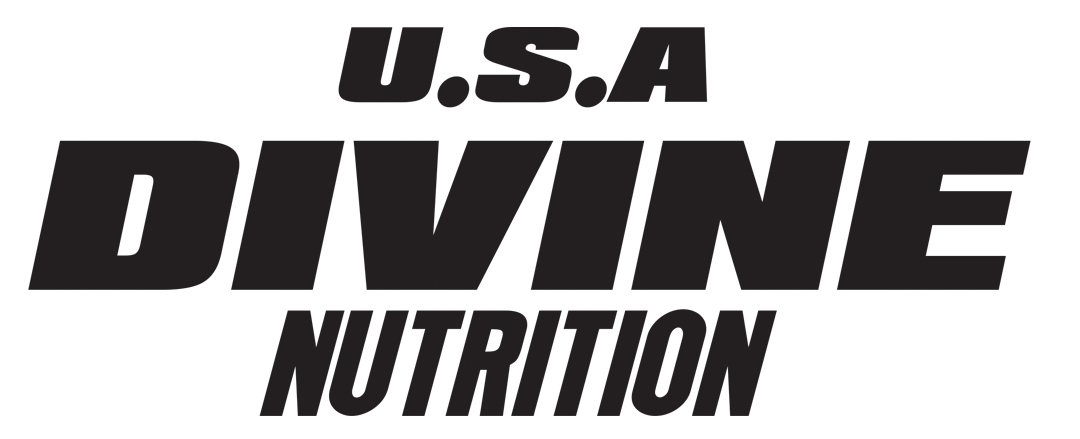In the realm of fitness and muscle building, supplements play a significant role in enhancing performance and aiding recovery. Branched-Chain Amino Acids (BCAA) and Essential Amino Acids (EAA) stand out as popular choices among athletes and fitness enthusiasts. Understanding their differences and benefits can help you make an informed decision regarding which supplement aligns best with your fitness goals.
BCAA - Branched-Chain Amino Acids:
BCAAs consist of three essential amino acids: leucine, isoleucine, and valine, crucial for muscle protein synthesis and energy production. These amino acids cannot be produced by the body and must be obtained through diet or supplementation.
- Muscle Recovery and Growth: Leucine, a primary component of BCAAs, stimulates muscle protein synthesis, promoting muscle recovery and growth post-exercise. This makes BCAA supplementation a go-to choice for individuals aiming to preserve muscle mass during intense workouts or calorie-deficient periods.
- Reduced Fatigue: During extended workouts, BCAAs can alleviate fatigue by preventing the entry of tryptophan into the brain, which is linked to feelings of exhaustion.
- Optimised Exercise Performance: BCAAs may aid in sustaining energy levels and improving endurance during workouts, allowing for more extended and higher-intensity training sessions.
EAA - Essential Amino Acids:
EAA supplements contain all nine essential amino acids required by the body but cannot be naturally synthesised, necessitating external intake.
- Complete Amino Acid Profile: EAA supplements offer a full spectrum of essential amino acids, including the three BCAAs (leucine, isoleucine, and valine). This comprehensive profile supports various bodily functions, from muscle repair and growth to hormone regulation and immune system function.
- Muscle Protein Synthesis: EAA supplements provide the necessary building blocks for muscle protein synthesis, supporting muscle recovery and growth.
- Enhanced Recovery: The combined effect of all essential amino acids can potentially improve recovery rates post-exercise by ensuring the availability of all key components required for muscle repair.
Choosing the Right Supplement:
Factors such as individual fitness goals, dietary habits, and budgetary considerations play a crucial role in selecting between BCAAs and EAAs:
- Muscle Building and Recovery Focus: If your primary goal is muscle growth and recovery, EAA supplements may be more beneficial due to their comprehensive amino acid profile that fuels muscle repair.
- Endurance and Exercise Performance: For individuals focusing on endurance training or seeking immediate energy during workouts, BCAA supplements might be preferable for their ability to stave off fatigue and support energy levels.
- Budget and Cost Considerations: BCAA supplements generally contain fewer amino acids and might be more cost-effective compared to EAA supplements, which offer a broader spectrum of essential amino acids.
- Combination and Stack Use: Some individuals opt for a combination of BCAAs and EAAs or stack them with other supplements like creatine powder or L-glutamine for synergistic effects on muscle growth, recovery, and performance.
Conclusion:
Both BCAAs and EAAs serve as valuable supplements in the fitness world, contributing to muscle growth, recovery, and exercise performance. Understanding their unique benefits and how they align with your specific fitness objectives is crucial in determining which supplement suits you best. Whether it's the targeted support of BCAAs or the comprehensive profile of EAAs, incorporating these supplements intelligently into your regimen can optimise your fitness journey.
Moreover, for those seeking premium quality and effectiveness in their supplements, products like Divine Nutrition offer a trusted source for BCAAs and EAAs. Divine Nutrition ensures a blend that meets the highest standards in the industry, providing you with the confidence that you're fueling your body with top-notch ingredients.
Remember, while supplements can enhance performance and recovery, they work best in conjunction with a balanced diet and consistent training routine. Consulting with a healthcare professional or nutritionist before starting any new supplement regimen is advisable to ensure it aligns with your individual health needs.


